Fact check: the case for and against licence fees
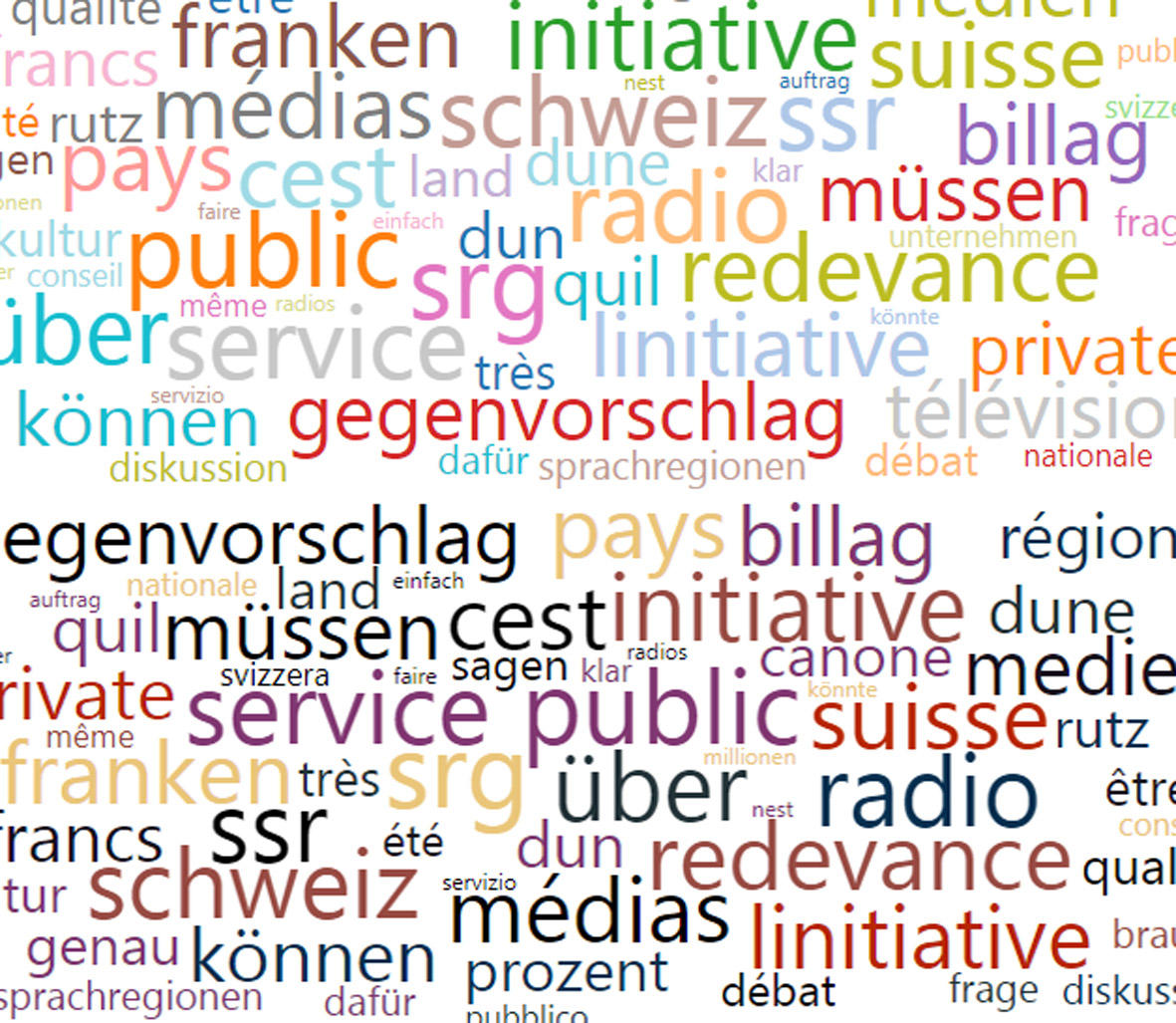
A majority in both chambers of the Swiss parliament have voted against a ‘No Billag’ initiative to scrap the compulsory Swiss television and radio licence fee. We monitored the debate in parliament, selected a representative number of the various arguments and checked their accuracy.
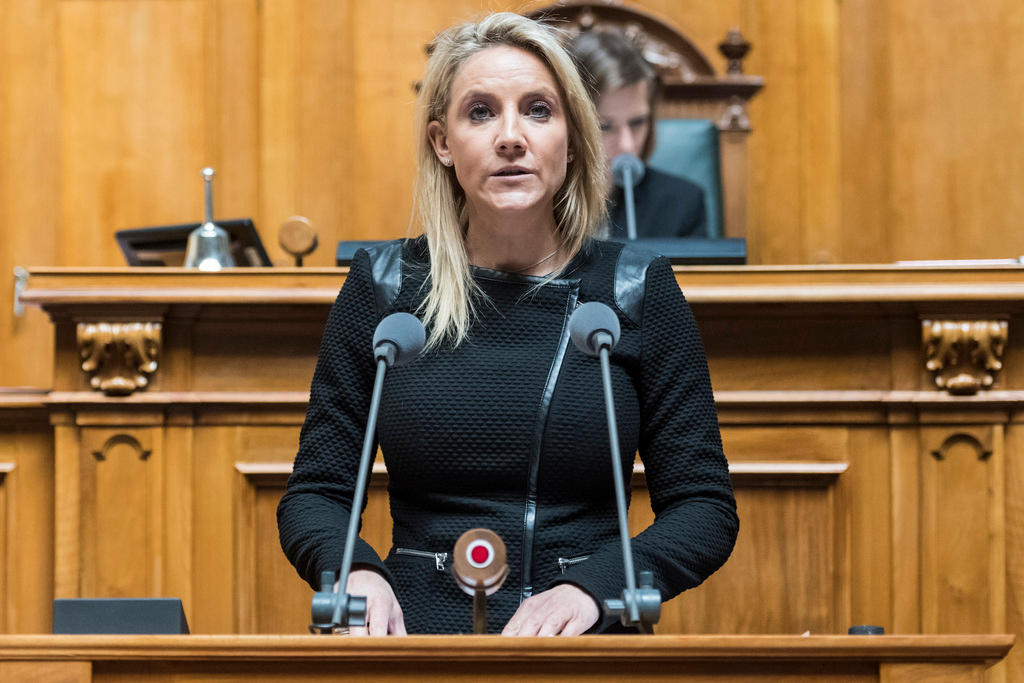
The Independent Compliants Authority for Radio and Television (ICA) has has approved a complaint against the fact check by 5 votes to 3 in its decision External linkof 22 June 2018.
“The privileges granted to the SBC make it a quasi-monopolistic company.”
Céline Amaudruz, Swiss People’s Party
According to the German dictionary Duden, a monopoly is to be understood as a “dominant company” which “is the sole supplier or customer in a market and can therefore dictate prices”. The Swiss Broadcasting Corporation (SBC) – swissinfo’s parent company – maintains seven out of a total of 20 Swiss TV channels that receive fees from the public purse. It also has 17 radio stations, which is slightly less than half of all the radio stations (40) that receive public funding.
On the other hand, market dominance can be seen in terms of its distribution. It is the only provider whose broadcasting area covers the entire country and can thus reach all inhabitants of Switzerland. This not only generates increased influence but also higher advertising revenues. Private TV and radio stations also operate in regional niches for smaller audiences for financial reasons, with corresponding effects on advertising revenues.
Guido Keel, head of the Institute for Applied Media Studies in Winterthur, says: “There is indeed little space next to the SBC with a fee distribution of a good CHF1.2 billion to 60 million for private broadcasters.

According to Keel, however, it is problematic to speak of a market in the media. “Journalism is a public good. Its benefits cannot be limited to those who pay for it. Media informs society so that it can participate in democratic and thus state-building processes. This enables the media to create democracy, and those who don’t pay for media use will benefit from it.”
In some regions, especially Graubünden, the SBC even acts as a monopoly breaker. The further the concentration of private media is progressing, the greater the influence of individual media companies in local markets. In western Switzerland, the three largest media account for more than 90% of the market. Fifteen years ago, it was 79%.
In German-speaking Switzerland, Tamedia, Ringier and NZZ together account for more than 80%. Fifteen years ago, it was only 56%
How true is the statement of Celine Amaudruz?
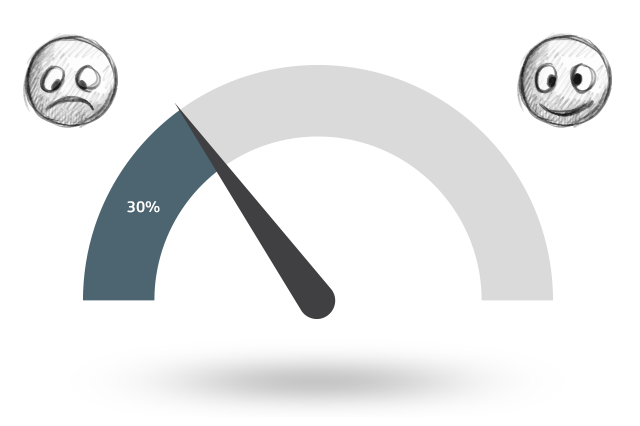
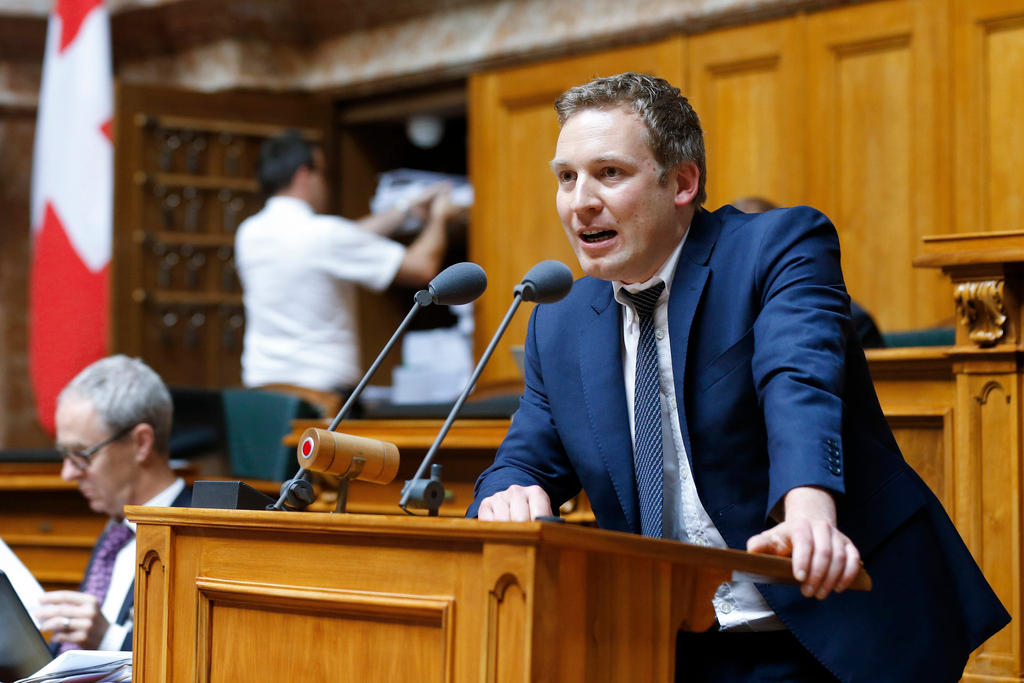
“Not only the SBC can apply for these CHF1.35 billion, but anyone and everyone can compete for this money; innovative start-ups, new companies and internet firms. This creates new jobs in industries and companies that are not privileged by the state today.”* Lukas Reimann, Swiss People’s Party
It is true that households spend more money when their budget increases. This increase in demand can create jobs, naturally also in the sectors named by Lukas Reimann.
But what is the macroeconomic situation? Are there more jobs in the Swiss labour market as a result of adopting the No Billag initiative? Let’s make a calculation: in 2016, fees amounting to CHF1.358 billion were collected. This amount would also be available to households and companies in Switzerland. A part would be spent, a part saved. The Swiss households’ savings rate is around 20%, which would free up approximately CHF1.09 billion.
It is difficult to estimate how much of this would actually flow into additional jobs. The personnel cost ratio of companies provides an indication of this. It expresses the proportion of sales that a company spends on personnel costs. For the ten largest listed companies in Switzerland, this figure is 28%, and for SMEs and start-ups – depending on the sector – it can be over 50%. Let us assume that the value for the entire economy does not exceed 40%.
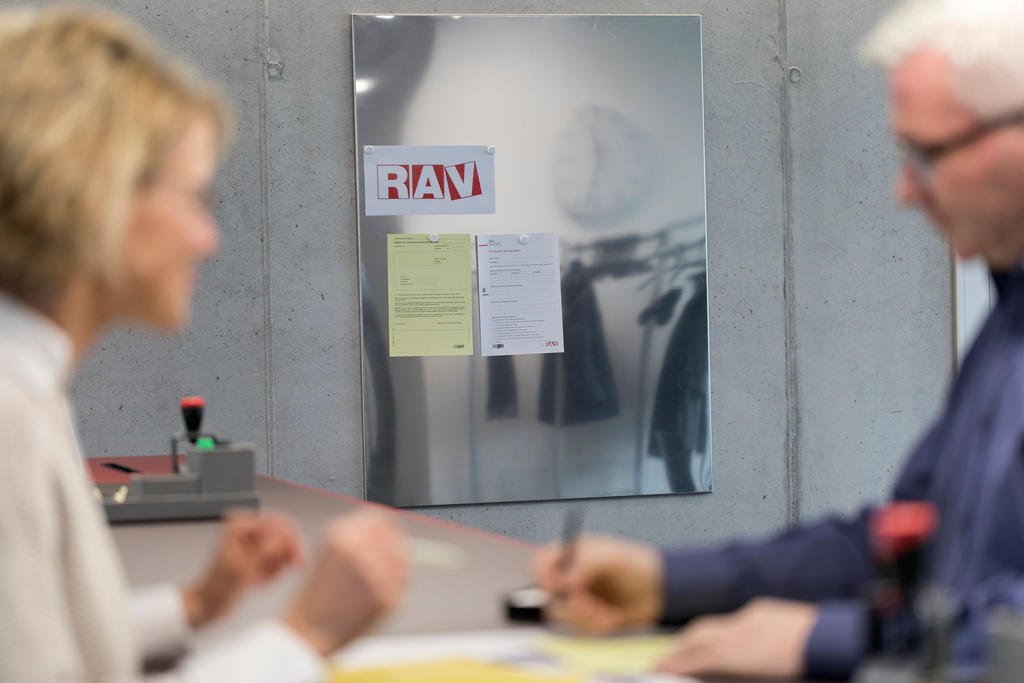
This would create new jobs for a maximum of CHF436 million. A job in Switzerland costs an average of CHF113,000, which would mean a maximum of 3,860 posts. This is significantly less than the 4,946 full-time positions, which the SBC will lose if the No-Billag initiative is adopted. Anyone who agrees with the No-Billag initiative in the belief that it will create jobs is wrong.
How true is the statement of Lukas Reimann?
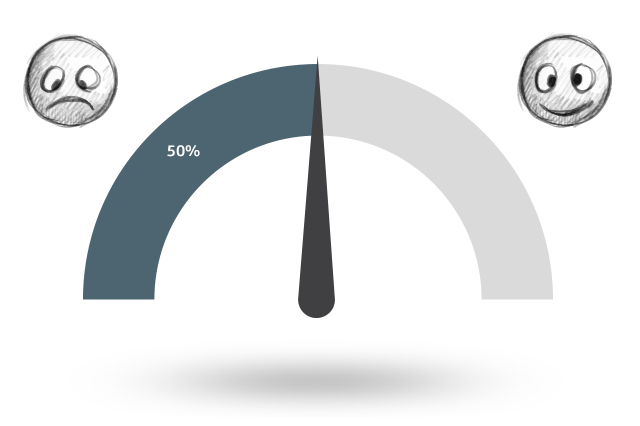
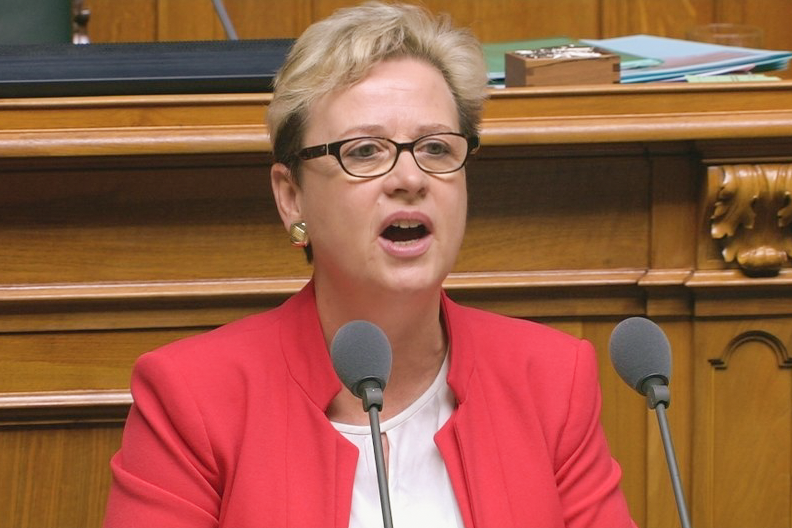
“An à la carte programme is more expensive than the existing offer. Teleclub’s basic offer, for example, costs just under CHF480 per year.” Edith Graf-Litscher, Social Democratic Party
Litscher’s statement is basically correct. If you compare the various TV broadcasters in Switzerland, you will find that the SBC’s seven television stations offer a broad range of content from information to sports, culture and entertainment at a comparatively low price.
In contrast to pay TV (e. g. Teleclub, Sky) or commercial free-TV (e. g. RTL, Sat. 1 or ProSieben), the SBC’s offer is also multilingual, multimedia, freely accessible anywhere in the country and the programmes are only interrupted by short, strictly regulated adverts.
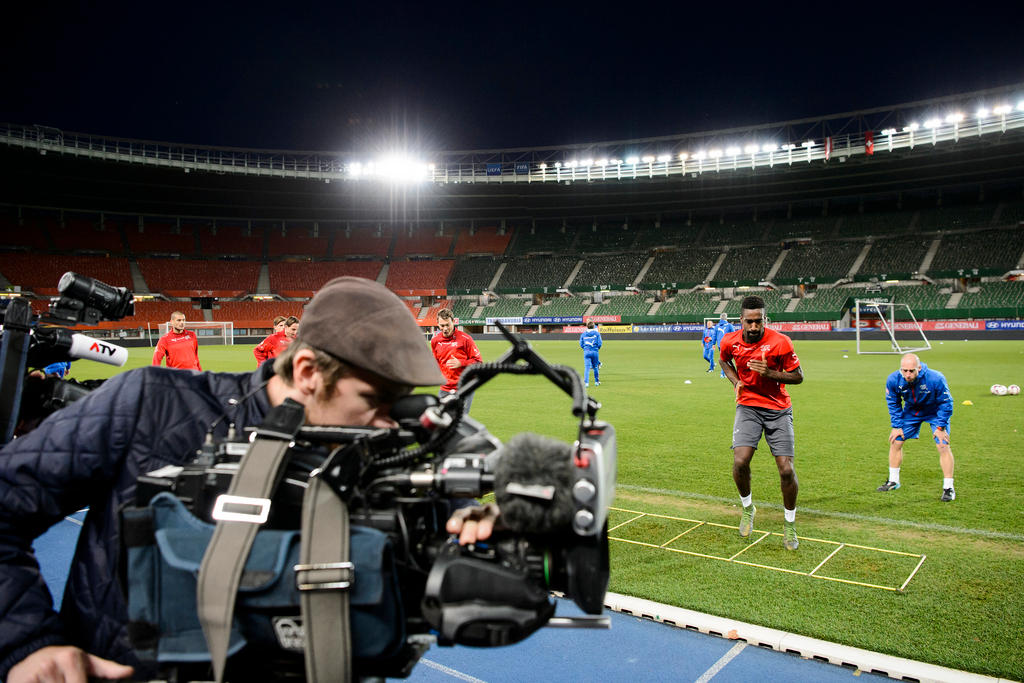
It should be noted, however, that the SBC would not be able to afford this without the fees. With annual fee income of around CHF1.2 billion (status 2016), the SBC has a sizeable budget at its disposal, enabling it to afford and secure important broadcasting rights for sports events, for example.
Moreover, the SBC relies less on advertisers, sponsors and quotas than commercial providers, who have to compete in a highly competitive market and do not enjoy any income guarantees.
How true is the statement of Edith Graf-Litscher?
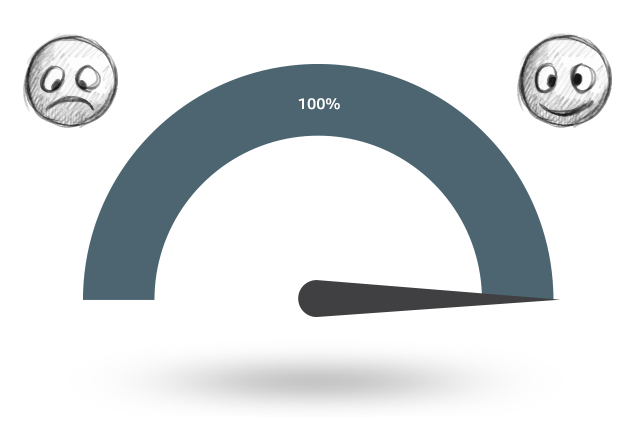
“The SBC is totally dependent on the state. The cabinet elects several members of the Board of Directors, it exerts influence.” Lukas Reimann, Swiss People’s Party
The assertion in the first sentence that the SBC is totally dependent on the state is not true. Article 93 of the Swiss Constitution on “Radio and Television” states in the third paragraph:” The independence of radio and television as well as the autonomy of programming are guaranteed”. Article 3a of the Radio and Television Act (RTVA) also states in black and white: “Radio and television are independent of the state”.
Consequently, the SBC is not a “state media” either, but rather an association under private law with a public mission. Every ten years, the cabinet issues a new licence to the SBC, which regulates the terms of the mandate. In addition, the SBC is not bound by any other regulations with regard to reporting, corporate organisation, programme and budget planning.
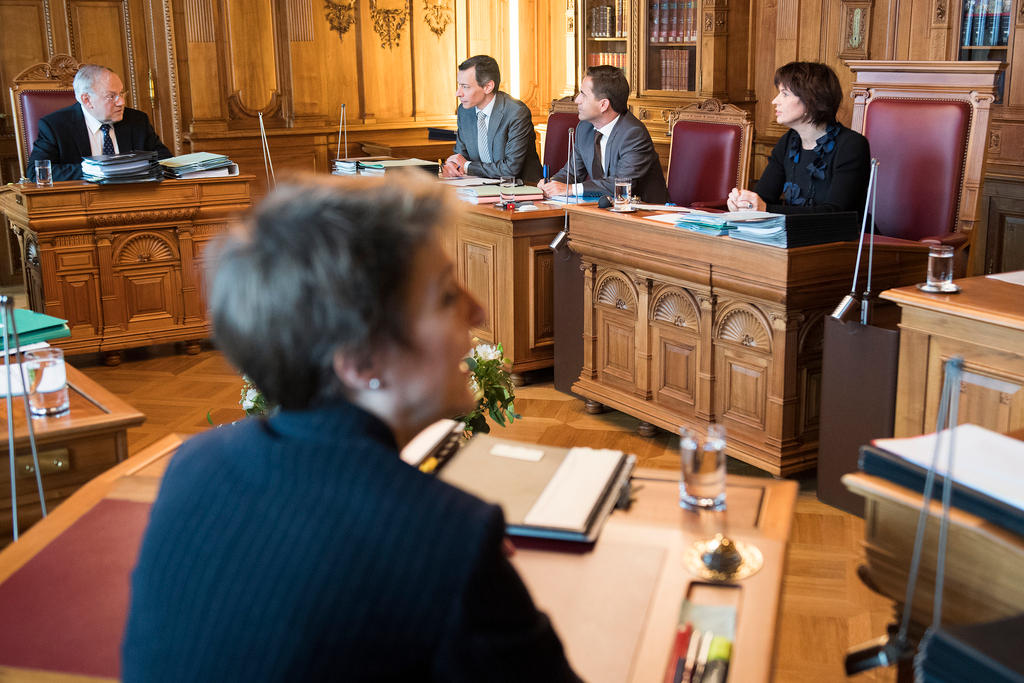
It is true, however, that the cabinet exercises an indirect influence. On the one hand, this is due to the concession competence just mentioned, and on the other hand to the election of the Board of Directors. Two out of a total of nine members of the Board of Directors are elected directly by the cabinet. Apart from this, the SBC is exempt from influence by the federal authorities. In addition, debt collection is carried out separately by Swisscom’s subsidiary Billag, and not by the state.
How true is the statement of Lukas Reimann?
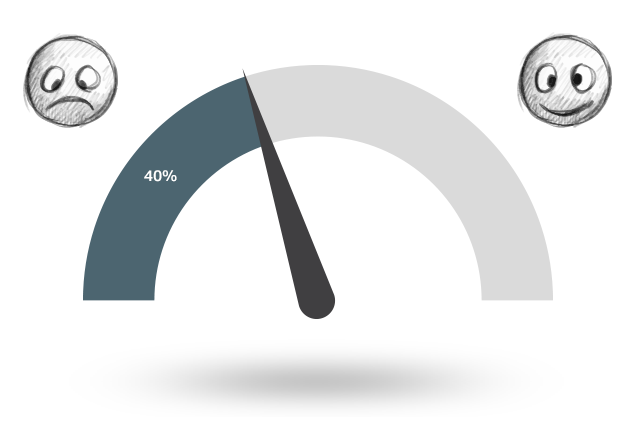
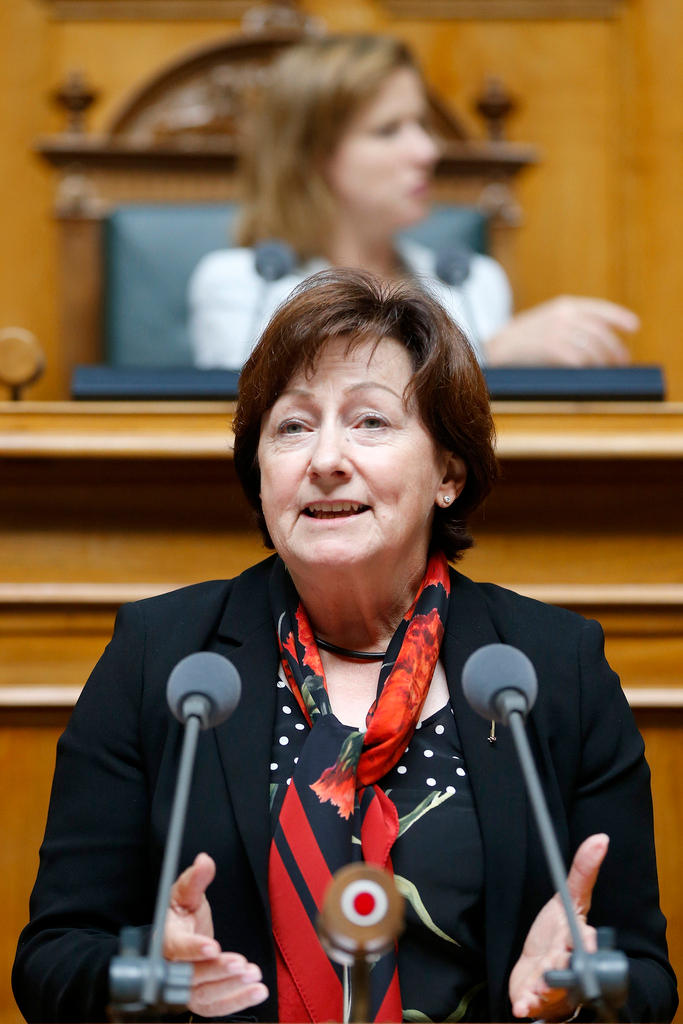
“Our companies were forced to pay radio and television licence fees, which were steep. It is completely mistaken and incomprehensible that these fees must also be paid on the basis of turnover – as you have heard from my colleague Jean-François Rime – and, of course, only in order to be able to collect even more money.” Sylvia Flückiger-Bäni, Swiss People’s Party
It is true that the new Radio and Television Act (RTVA), which was narrowly adopted by the people in the referendum vote in 2015, also requires companies to pay taxes.
However, even before the new Media Act came into force, companies had to pay a fee for commercial and commercial reception depending on the number of televisons or radios installed. What is new, however, is that the fees are based on the amount of revenue generated.
This sounds drastic at first, but 75% of all companies, especially SMEs, are not paying any tax because their annual turnover is less than CHF500,000. Nine per cent of companies pay a lower levy than today. This means that 84% of all companies are better off. The remaining 16% of companies with annual sales in excess of CHF1 million are subject to an increase.
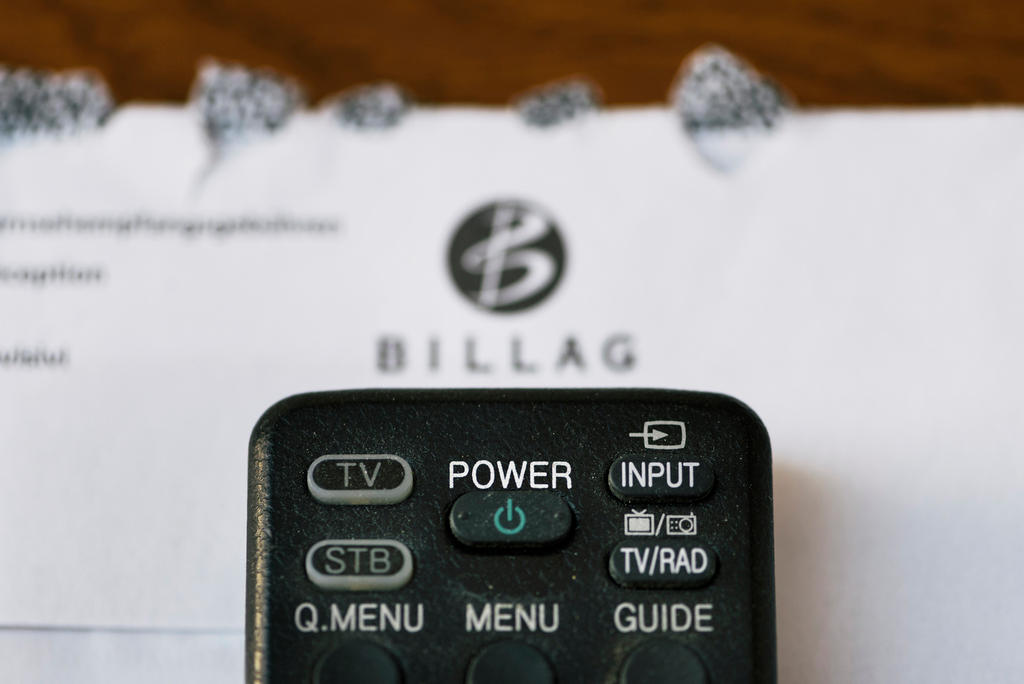
The dig at Jean-François Rime is also unjustified. With the new RTVA, all households are subject to the levy, but in return, the individual radio and television levy is reduced by around 10% to CHF400. In addition, local radio and television stations will receive a larger piece of the pie in the future. Incidentally, companies in most Swiss cantons also pay church tax. The idea behind it: Of the overall social achievements of these institutions, companies have something in common with society as a whole.
How true is the statement of Sylvia Flückiger-Bäni?
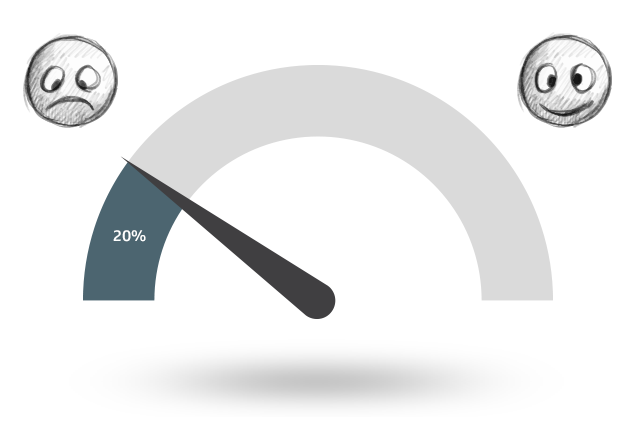
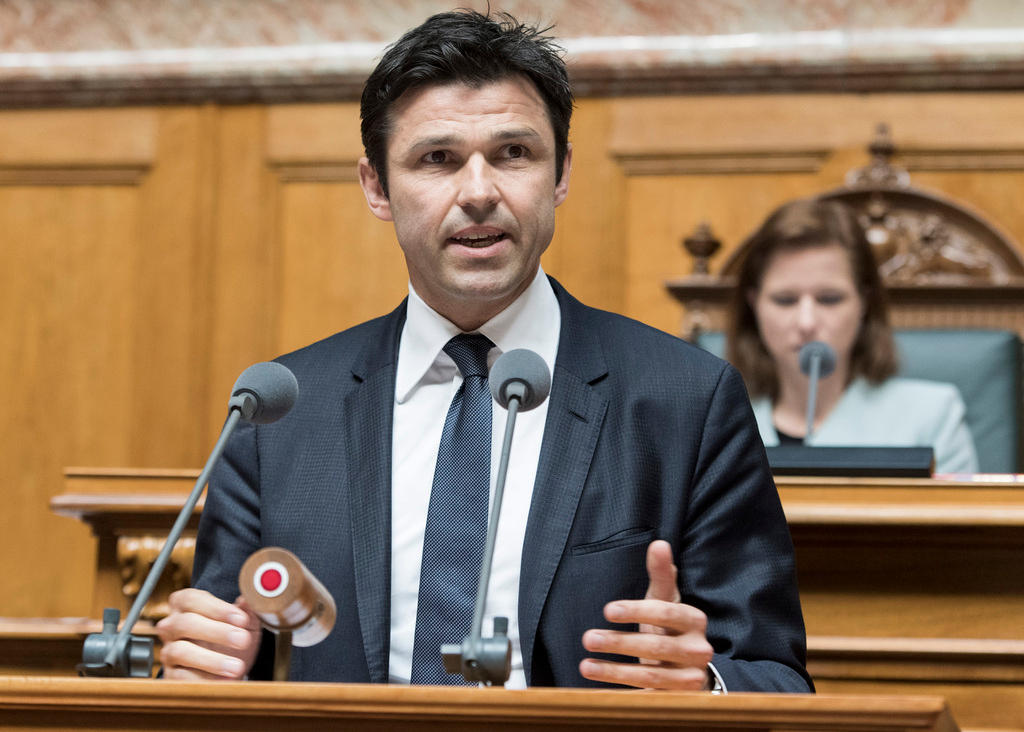
“The broadcasts for language minorities will also suffer primarily from the halving of fees. In other words, they are deleted from the programmes.”
Matthias Aebischer, Social Democrat
It is unclear whether the broadcasts for non-German-speaking Switzerland would be completely deleted if the fees were halved, as would be required in the event of a possible counter-proposal to the No-Billag bill.
What is clear, however, is that according to the SBC’s annual report, around 57% of the fees are currently paid to the SBC’s French, Italian and Romansh stations. With a fee cut by half, the broadcasters in French, Italian and Romansh would receive a total of CHF347.1 million per year.
However, they need a total of around CHF690 million to maintain their current offering in the three smaller national languages for radio, TV and online. By way of comparison: Only the production of daily news and current affairs programmes at the French-speaking RTS costs around CHF36 million a year – but this does not yet include current affairs, consumer, science, cultural or business programming.

Thus, halving the fees would also drastically reduce the amount of information and cultural programmes, especially for language minorities, but not abolish them. Centralisation in Zurich would weaken the regions.
How true is the statement of Matthias Aebischer?
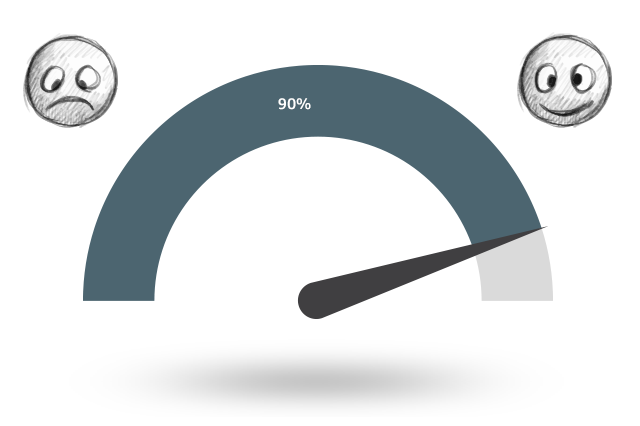
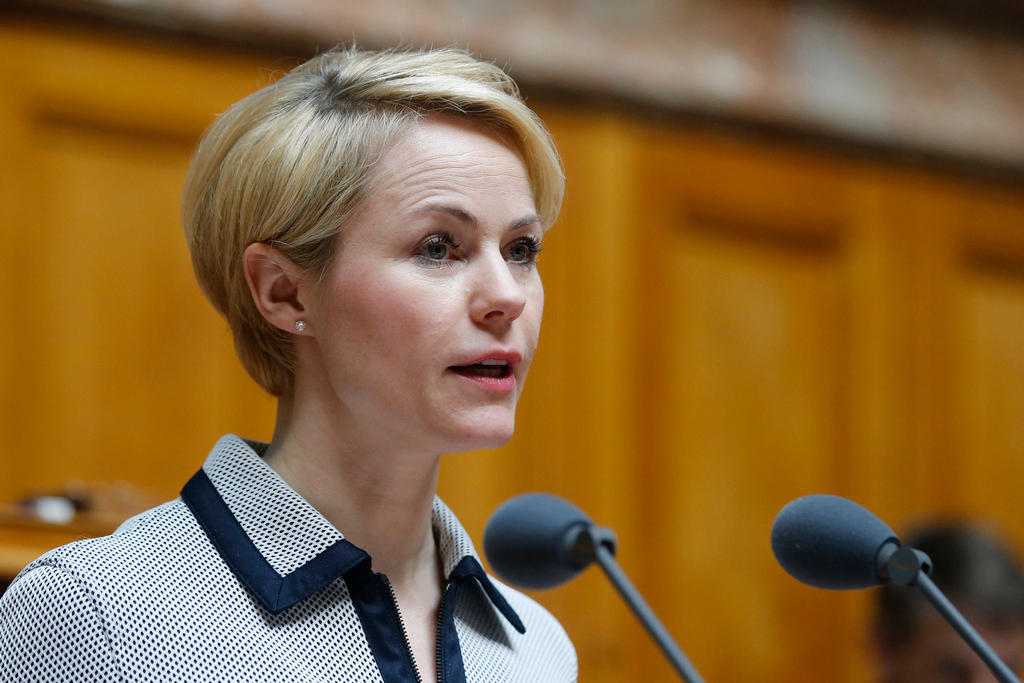
“Switzerland does not exist because of the SBC. It existed before and will continue to exist without any fees.”
Natalie Rickli, Swiss People’s Party
It is true that Switzerland does not exist because of the SBC. The year 1848 is regarded by the vast majority of historians as the founding of modern Switzerland as we know it today – the year of Switzerland’s first federal constitution, which laid the foundation for the confederation of states to become a federal state.
The SBC and its predecessor have been in existence since 1931, and the government’s radio policy at that time was based on the service public model of the British Broadcasting Corporation. Since its foundation, the SBC has had to fulfill its public service mandate.

It can be assumed that Switzerland would continue to exist even without any public broadcasting licence fee. Thus, the statement of parliamentarian Rickli is correct.
How true is the statement of Natalie Rickli?

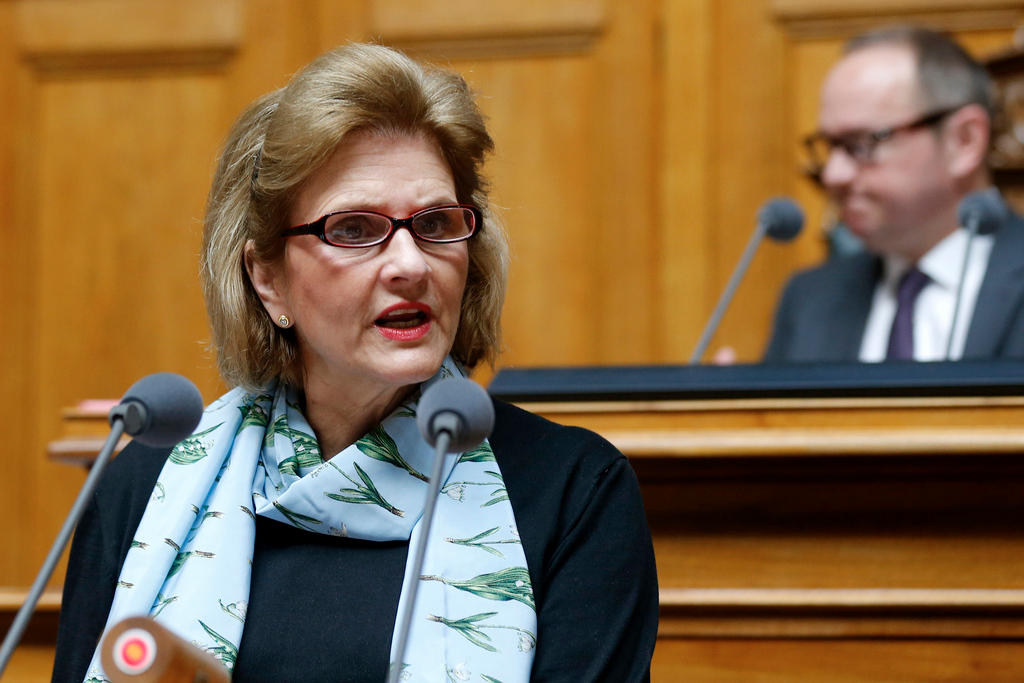
“In any case, foreign broadcasters in particular would benefit from a further or comprehensive restriction of advertising for the SBC. Already today, around 45% of TV advertising revenues go abroad. Is that what you want?” Doris Fiala, Radical Party
The risk of advertising revenues flowing into foreign countries should the SBC be weakened, is repeatedly brought to the fore by opponents of the No Billag initiative and the cabinet.
A look at the trends in the Swiss advertising market shows whether anyone domestically would benefit if money used to advertise on Swiss public television and radio were freed up. According to the Swiss Advertising Statistics Foundation, around CHF5.56 billion in advertising revenues were spent in on media in 2016. Two developments are significant: advertising revenues for print media continue to fall, at CHF1.3 billion, 12% below the level of 2015, whereas the digital market is showing strong growth, with CHF1.1 billion flowing into online advertising. By way of comparison, in 2015 it was CHF974 million.

If the overall market volume remains stable, as is to be expected, around two-thirds of this volume will be redistributed to digital players in a time horizon of 2020-2025. This is the conclusion of a 2015 study by the University of Geneva, which is based on a survey of around 200 advertising marketers in Switzerland. In future, the distribution battle for advertising will take place online. Based on the budget preferences of the companies surveyed, it is expected that the Swiss market will become more globalised and segmented. According to the above-mentioned data collection by the Advertising Statistics Foundation, the strongest growth of around 20% was recorded in the area of search engine advertising. Big tech giants such as Facebook and Google are cited as the main beneficiaries.
The small Swiss advertising market is thus practically exhausted. What else is left of advertising money?
In traditional advertising, television continues to be at the forefront and is showing a positive development: in 2016, television advertising generated sales of around CHF775 million. Here, too, the statement of Fiala can be confirmed: the market share of foreign advertising has increased to 42.4%, the SBC broadcasters have fallen to 46.6%, and the private sector has been able to expand its market share to 11%. The recent development of the Swiss advertising market shows that private Swiss media could therefore only benefit in part from the funds released. In its message on the No-Billag initiative, the cabinet estimates that in the Swiss radio and television market, less than half of the current revenues would be available if the obligation to pay fees were abolished.
How true is the statement of Doris Fiala?

“The SBC would continue to exist with No Billag.” Natalie Rickli, Swiss People’s Party
In principle, the statement is correct. “No Billag” is a constitutional initiative that would prohibit the government from regulating fees. The private organisation SBC could thus continue to exist as a shell without any content, as the following assessments suggest.
Otfried Jarren, professor at the Institute for Journalism and Media Research at the University of Zurich, says: “The SBC could no longer finance its current programmes without a licence. Especially not the offers in French-speaking Switzerland or Ticino [Italian-speaking canton]. In German-speaking Switzerland, only a very limited range of programmes would be available, and only partially refinanced through advertising. News broadcasts, including the necessary infrastructure, would be reduced and would have to be massively restricted. Jarren also believes that it is to be expected that today’s advertising revenue will not be redistributed among Swiss TV stations, but would flow into online media or advertising ‘windows’ of foreign stations.

How true is the statement of Natalie Rickli?
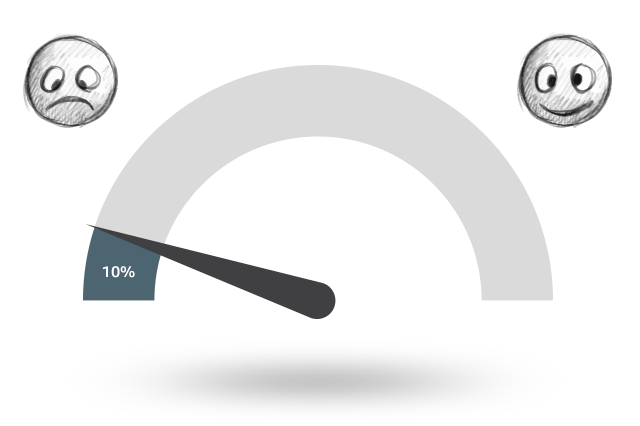

“The market can take care of itself if we only let it. (…) With public funding, private competition is overshadowed.” Adrian Amstutz, Swiss People’s Party
Amstutz refers to the situation of the Swiss media market. In his opinion, the SBC’s strong position is accompanied by a market distortion that would affect private media providers and adversely affect diversity.
His criticism is basically a critique of the current structure of the public service, which he believes contains too many superfluous, not directly democratically relevant programmes.
A critical discussion about the breadth and depth of the range of services provided is entirely legitimate. However, to fundamentally question the SBC’s public service on the basis of individual points of criticism is neither proportionate nor far-sighted in terms of state policy. This would not only jeopardise cost-intensive quality radio and TV programming, it would also hurt the Latin language regions of Switzerland that currently benefit from the redistribution of fees. This would be significantly affected by halving or abolishing them.

It is also impossible to ignore the claim that the SBC would compete with private companies. Article 29 of the Radio and Television Act (RTVA) states that unlicensed activities may be prohibited by the Communications Office if the scope of other media companies is considerably restricted. It is true, however, that private companies are increasingly taking a bigger piece of the cake. The main reason for this, however, is not the SBC, but internet giants such as Google and Facebook, which are skimming off an ever-growing share of the advertising market.
How true is the statement of Adrian Amstutz?

About Fact Checks by swissinfo.ch
Our aim is to verify factual claims made by public figures or institutions. We choose significant statements made, for example, during vote campaigns or political debates that may prompt a voter to ask, “Is this true?” We examine the facts using publicly available information and on-the-record interviews before drawing a conclusion on the accuracy of the claims.
Our fact checks are objective and the choice of claims to fact check is non-partisan. In the case of parliamentary debates, we select a representative number of frequently mentioned arguments.
This is an adapted version of the article which was first published on September 26.
swissinfo.ch is a unit of the Swiss Broadcasting Corporation.

In compliance with the JTI standards
More: SWI swissinfo.ch certified by the Journalism Trust Initiative








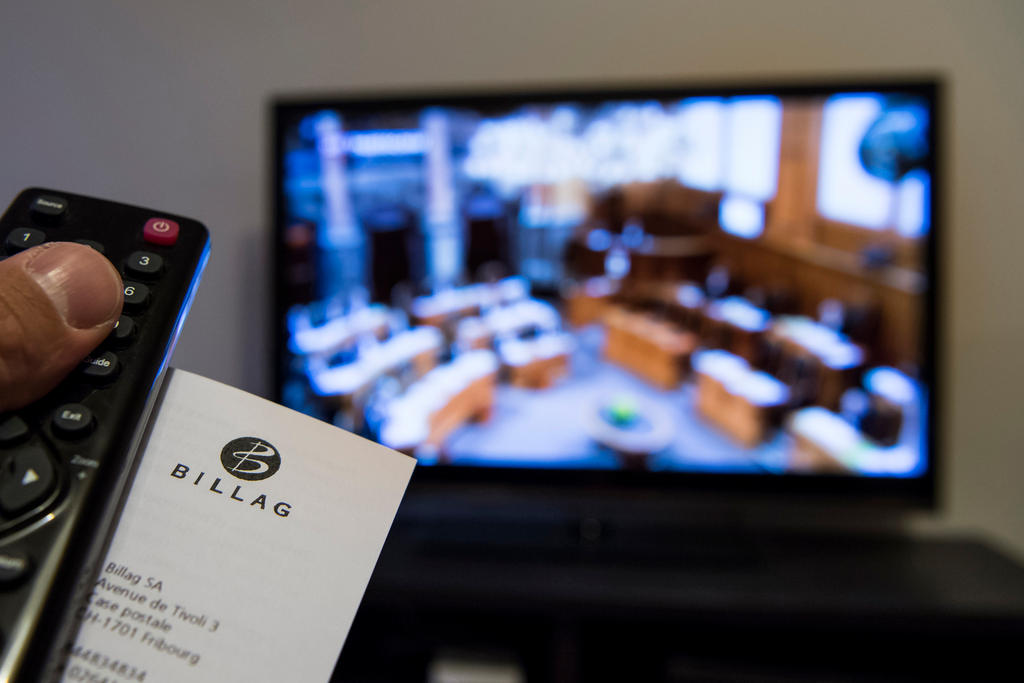

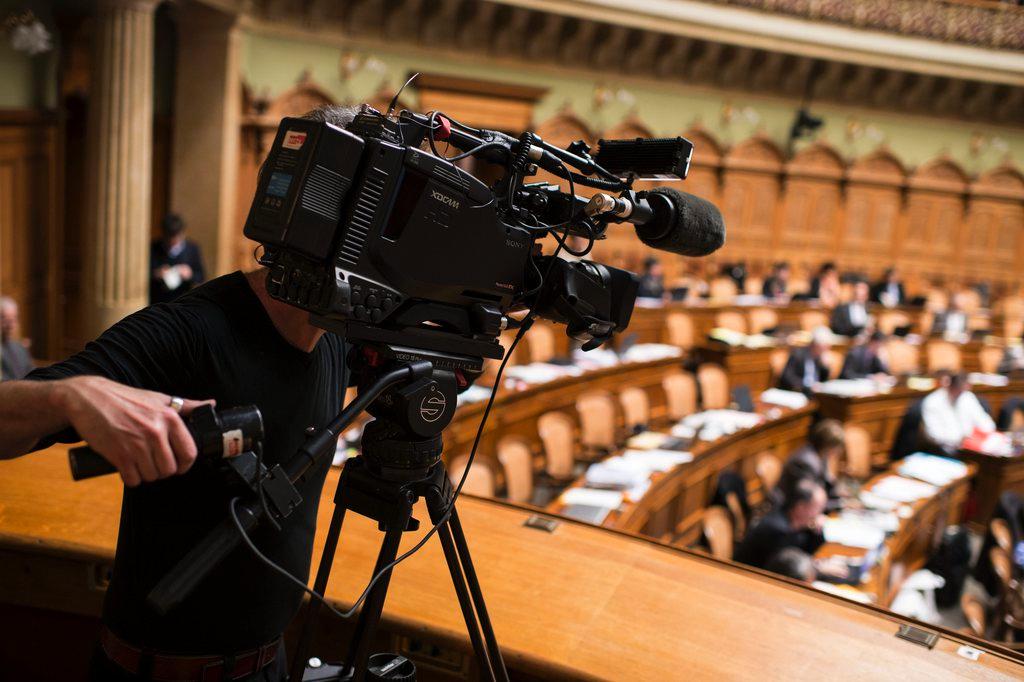
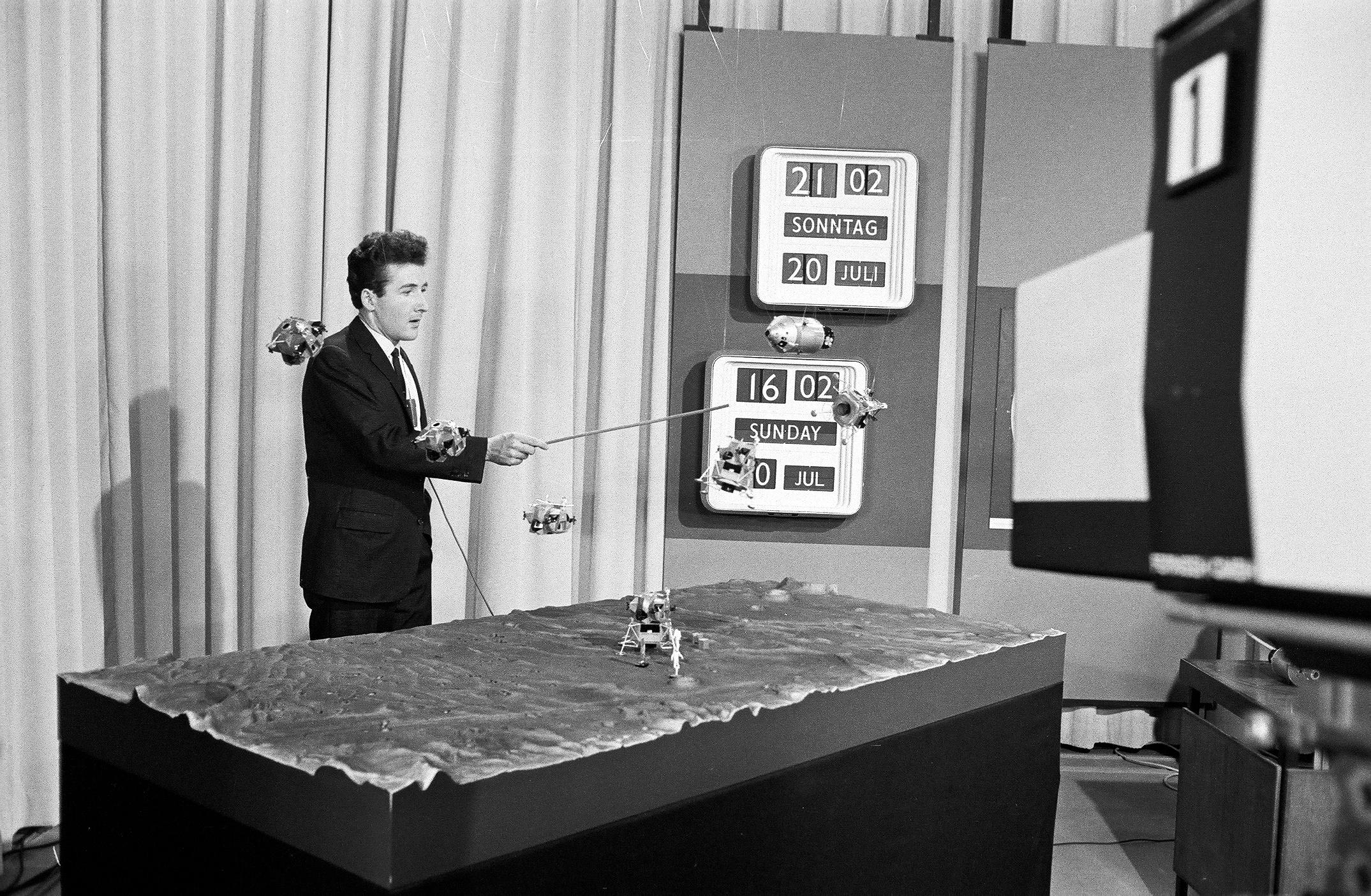
You can find an overview of ongoing debates with our journalists here . Please join us!
If you want to start a conversation about a topic raised in this article or want to report factual errors, email us at english@swissinfo.ch.